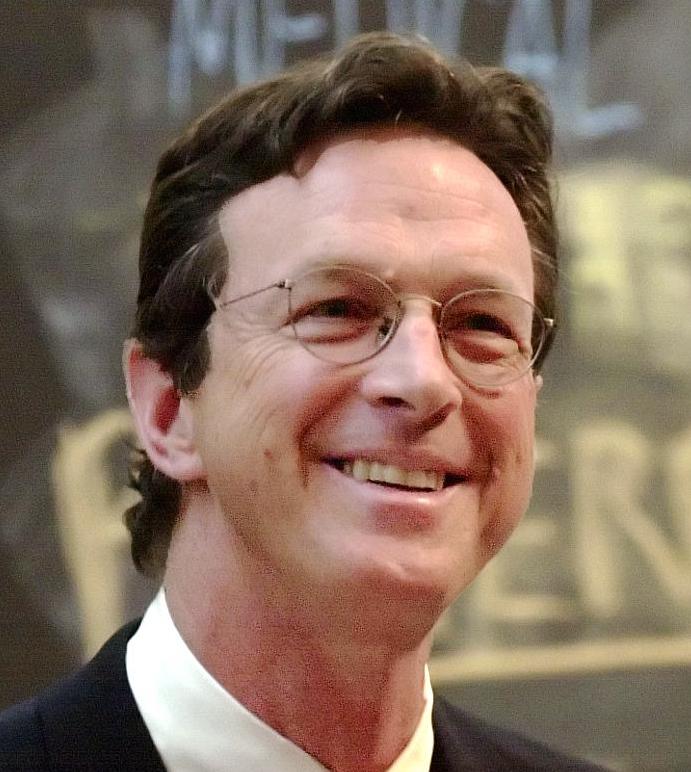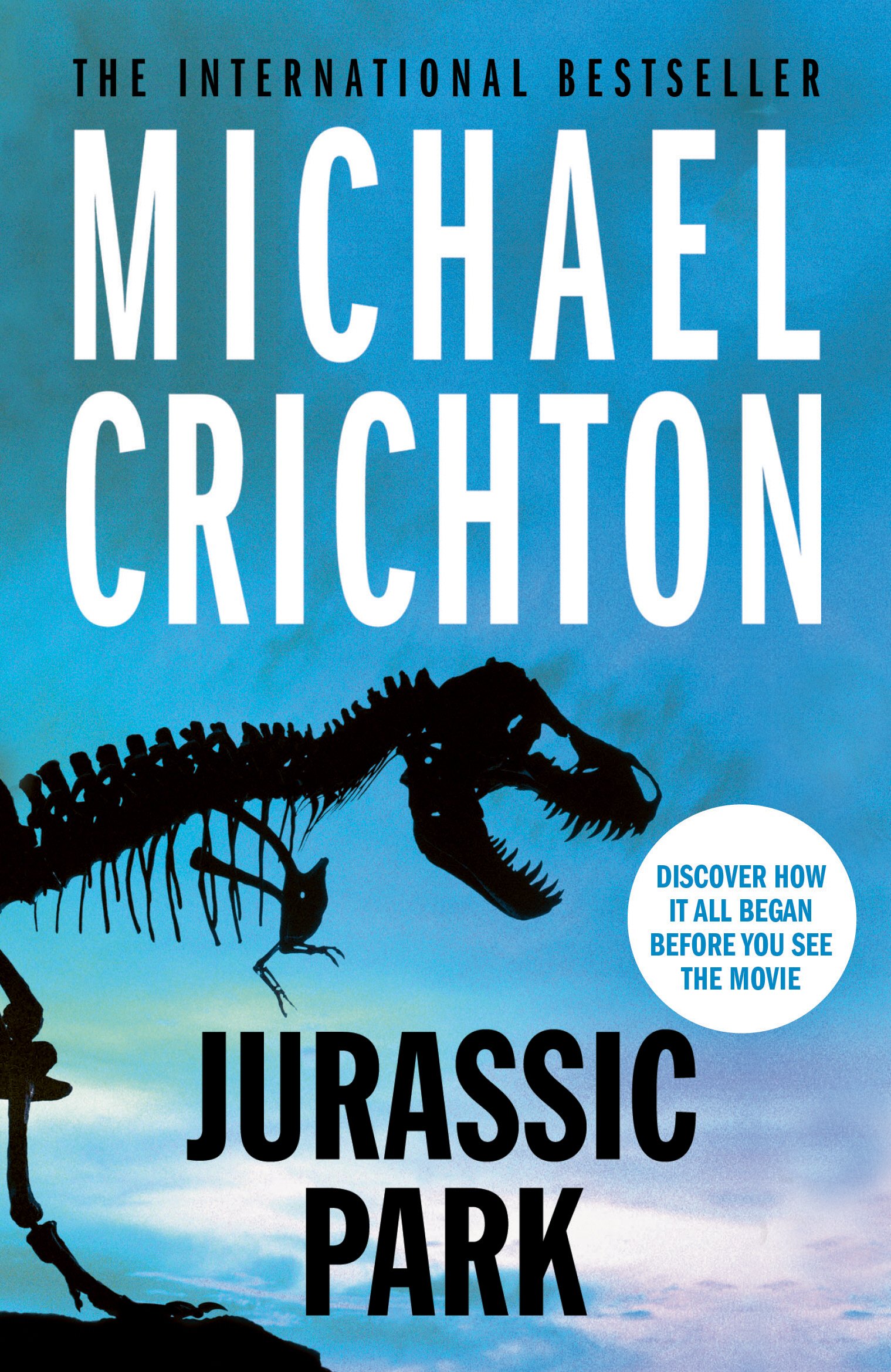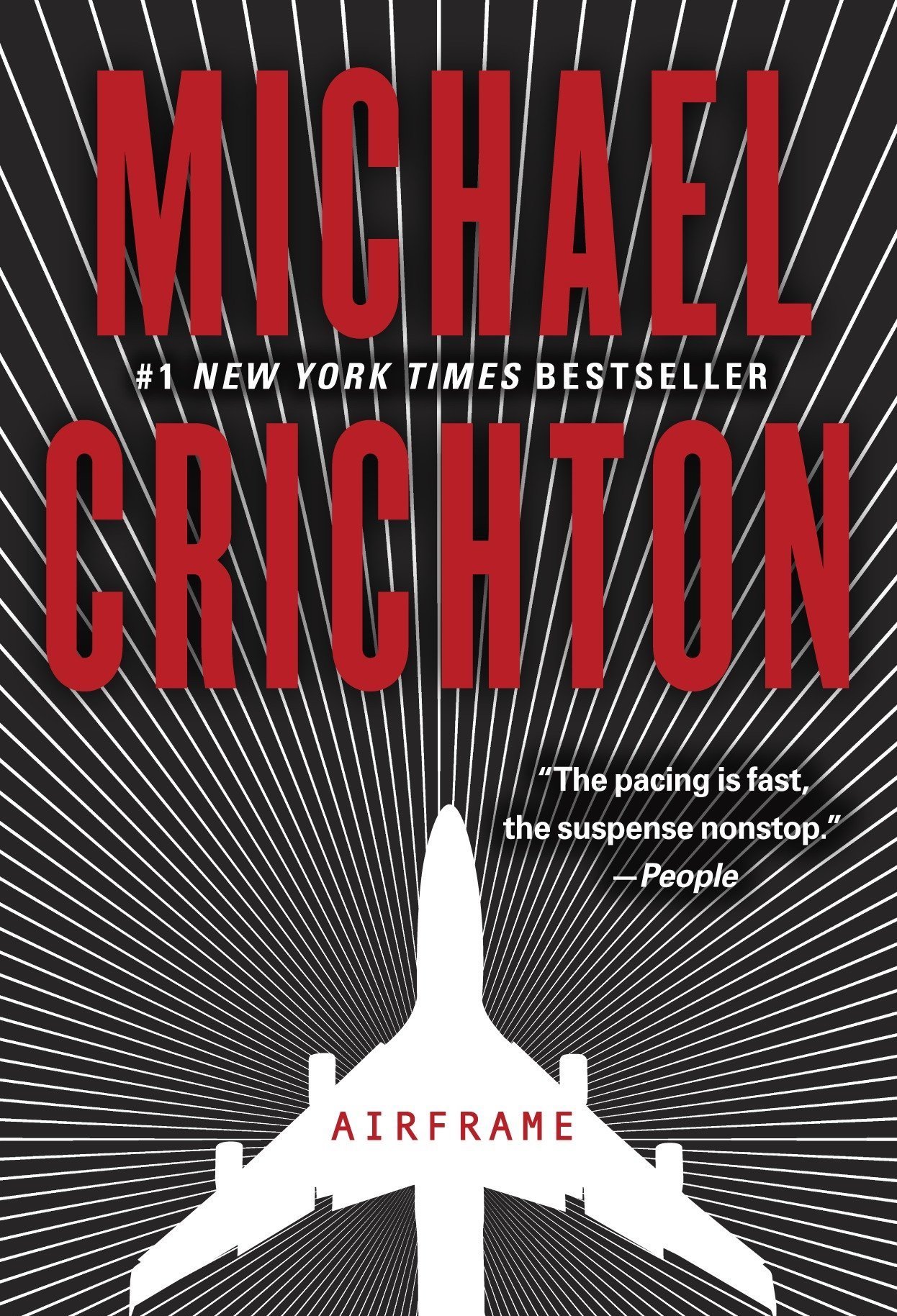 author
authorMichael Crichton
John Michael Crichton was an American author and filmmaker. His books have sold over 200 million copies worldwide, and over a dozen have been adapted into films. His literary works heavily feature technology and are usually within the genres of science fiction, techno-thriller, and medical fiction. His novels often explore technology and failures of human interaction with it, mainly resulting in catastrophes with biotechnology. Many of his books have medical or scientific underpinnings, reflecting his medical training and scientific background.
Crichton received an M.D. from Harvard Medical School in 1969 but did not practice medicine, choosing to focus on his writing instead. Initially writing under a pseudonym, he eventually wrote 26 novels, including The Andromeda Strain (1969), The Terminal Man (1972), The Great Train Robbery (1975), Congo (1980), Sphere (1987), Jurassic Park (1990), Rising Sun (1992), Disclosure (1994), The Lost World (1995), Airframe (1996), Timeline (1999), Prey (2002), State of Fear (2004), and Next (2006). Several novels, in various states of completion, were published after his death in 2008.
Crichton was also involved in the film and television industry. In 1973, he wrote and directed Westworld, the first film to utilize 2D computer-generated imagery. He also directed: Coma (1978), The First Great Train Robbery (1978), Looker (1981), and Runaway (1984). In addition, he was the creator of the television series ER (1994–2009), and several of his novels were adapted into films, most notably the Jurassic Park franchise.
Crichton's novels, including Jurassic Park, have been described by The Guardian as "harking back to the fantasy adventure fiction of Sir Arthur Conan Doyle, Jules Verne, Edgar Rice Burroughs, and Edgar Wallace, but with a contemporary spin, assisted by cutting-edge technology references made accessible for the general reader."
According to The Guardian, "Michael Crichton wasn't interested in characters, but his innate talent for storytelling enabled him to breathe new life into the science fiction thriller." Like The Guardian, The New York Times has also noted the boys' adventure quality to his novels interfused with modern technology and science.
Using author surrogacy was a feature of Crichton's writings from the beginning of his career. For example, in A Case of Need, one of his pseudonymous whodunit stories, Crichton used first-person narrative to portray the hero, a Bostonian pathologist, running against the clock to clear a friend's name from medical malpractice in a girl's death from a hack-job abortion.
Crichton has used the literary technique known as the false document. Eaters of the Dead is a "recreation" of the Old English epic Beowulf presented as a scholarly translation of Ahmad ibn Fadlan's 10th-century manuscript. The Andromeda Strain and Jurassic Park incorporate fictionalized scientific documents in the form of diagrams, computer output, DNA sequences, footnotes, and bibliography. The Terminal Man and the State of Fear include original published scientific works illustrating the premise point.
Crichton often employs the premise of diverse experts or specialists assembled to tackle a unique problem requiring their talents and knowledge. The premise was used for The Andromeda Strain, Sphere, Jurassic Park, and, to a lesser extent, Timeline. Sometimes the individual characters in this dynamic work in the private sector and are suddenly called upon by the government to form an immediate response team once some incident or discovery triggers their mobilization. This premise or plot device has been imitated and used by other authors and screenwriters in several books, movies, and television shows since.
Most of Crichton's novels address issues emerging in scientific research fields. For example, genomics plays a vital role in several of his novels (Jurassic Park, The Lost World, Next, Congo). Usually, the drama revolves around the sudden eruption of a scientific crisis, revealing the disruptive impacts new forms of knowledge and technology may have, as is stated in The Andromeda Strain, Crichton's first science fiction novel: "This book recounts the five-day history of a major American scientific crisis" (1969, p. 3) or The Terminal Man where unexpected behaviors are realized when electrodes are implanted into a person's brain.
Best author’s book
























